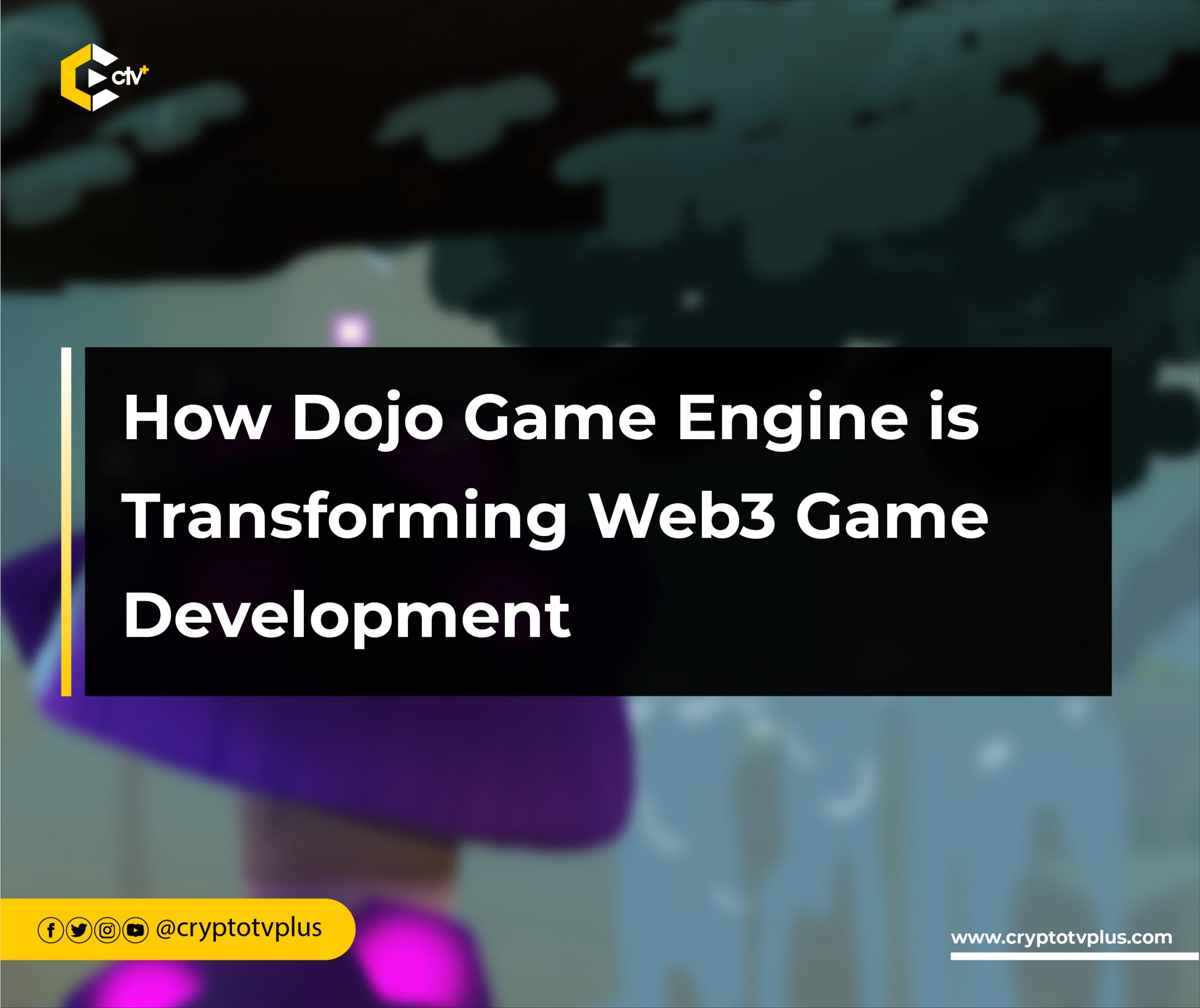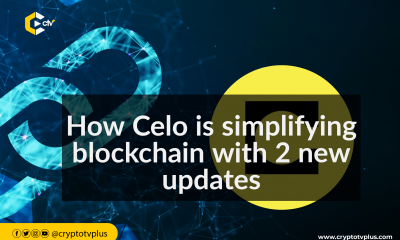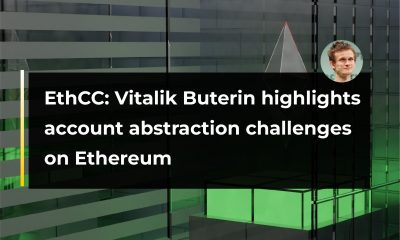FEATURED
How Dojo Game Engine is Transforming Web3 Game Development

Dojo Game Engine was showcased at the concluded EthCC Paris, where Sylve Chevet, the project’s Vibes operator, and co-founder of Briq, talked about how builders can easily create blockchain games using the Dojo game engine.
Dojo is a toolchain designed for creating on-chain games on Starknet. Licensed under MIT, a prominent game engine, Dojo introduces the concept of provable gaming through zero-knowledge proofs.
Provably Fair Games are designed to allow players to independently confirm the fairness of their bets. This innovative game engine allows for easy verification of computations, ensuring trust and security in the gaming realm.
Explaining the concept behind Dojo, Sylve said that the concept of provable gaming is gaining significance within the realm of blockchain-based games. While on-chain games offer enhanced composability, resistance, and resilience, the integration of provability adds another layer of authenticity and trust to these games.
Features of Dojo
The co-founder noted that one of the core features of Dojo is its integration with Cairo. Cairo is a programming language used to develop STARK-provable programs for diverse computations. It drives platforms like Starknet and StarkEx, enabling Mainnet scalability for applications such as dYdX and Sorare.
Another advantage of Cairo is that it has a fixed-point math system, which, unlike traditional floating-point math, ensures precise calculations.
Dojo leverages this accuracy to facilitate real-time physics simulations and mechanics that perform seamlessly on platforms like Ethereum and Starknet. He also revealed that the expansion of the Cairo compiler for Dojo components and systems introduces shortcuts that simplify code writing and building.
Cairo also has an advantage over Solidity in that the former can handle and maneuver more complex codes than the latter. Sylve said that while Solidity is good, it “breaks down when you make gigantic projects” on it.
Another component of Dojo he mentioned is the Entity Component System (ECS). The ECS (Entity-Component-System) system, a game development pattern, improves code maintenance.
Designed for blockchain games, Dojo’s ECS framework emphasizes modularity, efficiency, and adaptability, which enables the development of complex, dynamic blockchain games with diverse mechanics and interactions. Other components of Dojo include Sozu, Torii, and Katana.
Start, Burn, and Position on Dojo
Furthermore, he demonstrated, with a demo, how the three pivotal systems within Dojo – “Start,” “Burn,” and “Position,” – make the game engine more efficient.
The “Start” system initializes game parameters, setting the stage for any game built on Dojo to unfold. In this system, the execution process involves taking the player ID, generating a game ID using shorthand, and creating a storage key.
The “Burn” system dynamically adjusts in-game elements’ trajectory based on thrust and angle, enhancing interactivity.
The “Position” system offers real-time tracking and visualization of entities, providing developers with immediate feedback. “The Position system is really just a view system”.
In conclusion, he noted that while Dojo is already making waves in the gaming community, its journey has just begun.
The integration of provable gaming mechanics in Unity through Dojo heralds a new era of gaming, where trust, security, and innovation converge to create a gaming experience like no other.
Read also; Why Web3 needs decentralized frontends




















